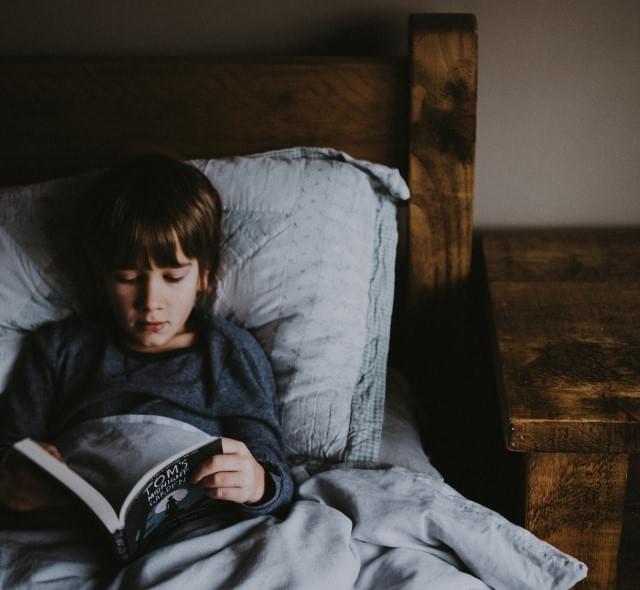- UNIFORM BY SCHOOL
- Girls School Uniform
- Boys School Uniform
- Skirts
- Boys Trousers
- Girls Trousers
- Polo Shirts
- Blouses
- Shirts
- Blazers
- PE Kit
- Clearance


Girls School Uniform


Boys School Uniform


FREE delivery - Ends Monday at Midnight
(X)







After the the summer holidays, it’s finally time to go back.
For children, a lack of routine and stability can have a negative effect on their behaviour. Irregular bedtimes have been linked to low scoring in tests involving language, mathematics and shapes, perhaps due to the brain’s need for consistent amounts of sleep so it can process and store what it’s learnt. Similarly, established family routines – such as having dinner together, having set times when you wake up or take part in activities on the weekend – can help to moderate your child’s natural impulsiveness and any argumentative traits they might have.
To get your kids ready for their return to school after such a long break, your night-time routine is going to be key. The time they go to bed is crucial; over summer it’s easy to let any ‘rules’ around bedtime slide, particularly if they are going to bed when it’s still light outside.
The NHS suggests that children aged around five need approximately 11 hours sleep, which gradually decreases as they age. However, teens still need a solid nine hours – after all, their body is going through a lot of changes! Keeping this in mind, you can start to plan your child’s back to school routine so they have enough time to rest, recharge and get ready for the day.
One area of modern life to be aware of is the use of screens and how this can affect children’s sleep patterns. Televisions, tablets, computers and mobile phones give off blue light, which in turn suppresses our ability to generate melatonin – the hormone responsible for inducing sleep. The National Sleep Foundation suggests turning off screens in a ‘digital curfew’ one to two hours before bed to help children wind down more effectively, and making bedrooms a screen-free zone.
If your child feels the new routine with stricter bedtimes and less screen time is unfair, talk to them about why sleep is important and encourage them to create their own bedtime routine to help them drift off. Some recommendations include having a warm bath or shower – the drop in body temperature after getting out the bath induces sleep – or reducing the amount of caffeine they consume (including in fizzy drinks). Reading, listening to a podcast, sleep-focused meditation or breathing exercises are all useful ways to help children get to sleep, and provide them with something to ‘do’ without over-stimulating their minds.
Importantly, your child will follow your lead when it comes to bedtime routines. If you end up scrolling through Facebook last thing at night, drinking a cup of caffeinated tea or coffee in the evening and watching a late-night film in your bedroom, it’ll be much harder to explain to your child why they shouldn’t do those things! Establishing a strong back-to-school bedtime routine works most effectively when everyone in the house is on board – and it has added health benefits for you too, boosting your immune system in time for winter.

